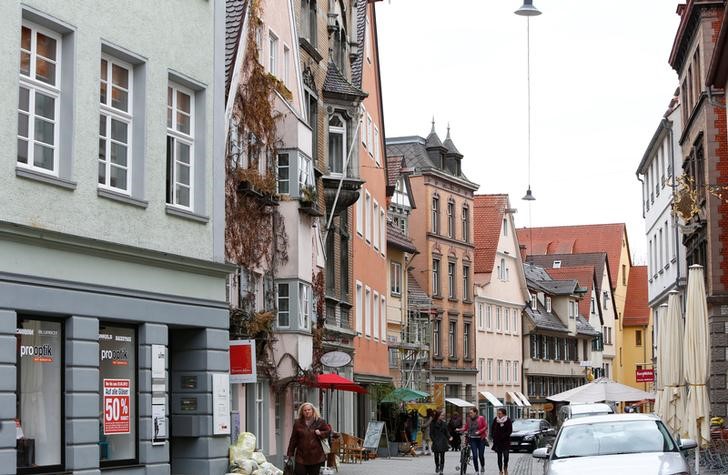By Geoffrey Smith
Investing.com -- Inflation in Europe's largest economy is likely to have slowed in June after government measures to cut fuel prices and rail tickets took effect.
The state of North Rhine-Westphalia, Germany's largest state by population, said consumer prices fell by 0.1% on the month in June, bringing the annual rate of inflation down to 7.5% from 8.1%. That was the first drop in the annual rate since January and fostered hopes that headline inflation may be peaking in Germany and, by extension, across the Eurozone. Germany's CPI rose by 8.0% on the year through May, and by 8.8% according to the EU's harmonized method.
The introduction of the so-called 9-euro ticket on German railways reduced the price of combined passenger travel by 69% on the month and 68.4% on the year. By the same token, motor fuel prices fell by 3.3% from May after the government cut the tax on gasoline in an effort to bring down prices. That tax cut is limited to three months.
As such, neither of the factors behind the drop reflects a sustained improvement in underlying price dynamics. These continued to show a broadly rising trend, with rents rising 0.2%, and restaurant and hotel costs rising 1.2%. Package tour prices rose over 16%, reflecting the seasonal rise in demand.
Other major German states are due to report their CPI numbers in the course of the morning. A preliminary figure for Germany as a whole will be published at 8 AM ET (1200 GMT). Inflation data for Spain, meanwhile, are due at 3 AM ET.
German bonds rallied sharply on the news, despite the somewhat superficial nature of the apparent improvement. By 2:45 AM ET, the yield on the interest-rate-sensitive 2-year German note was down 11 basis points at 0.84%, while the 10-year benchmark was down 9 basis points at 1.55%.
